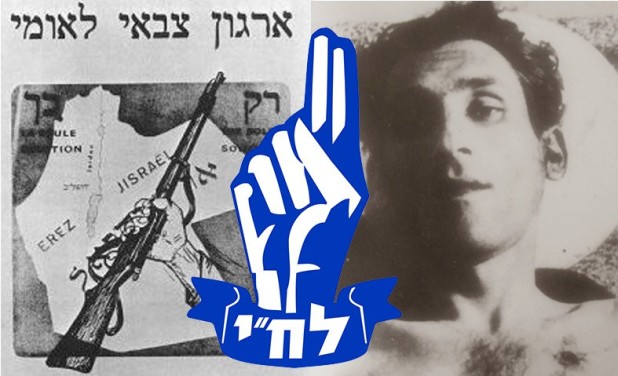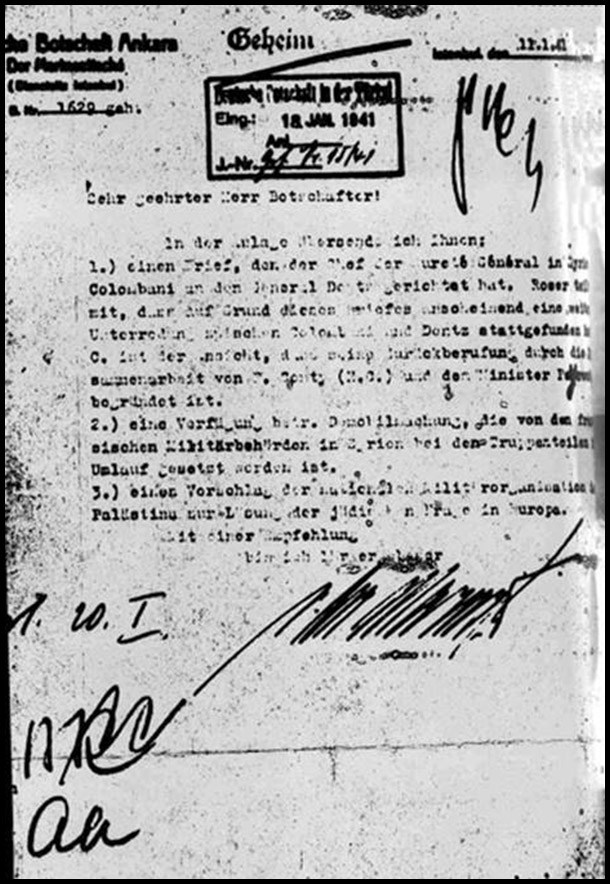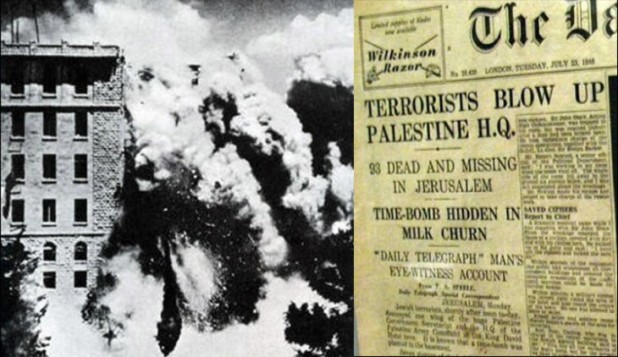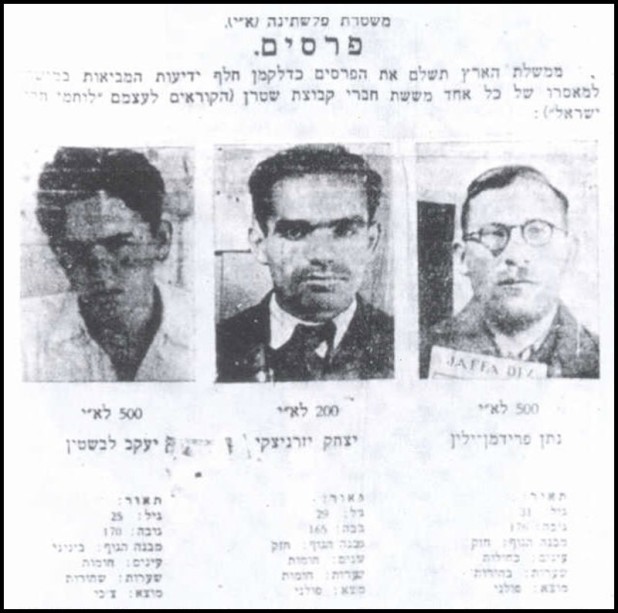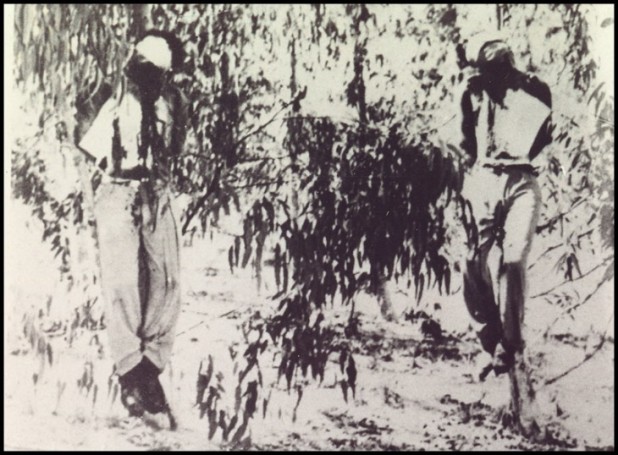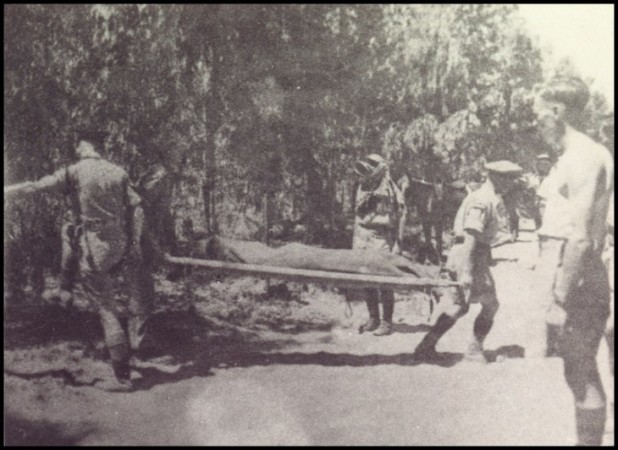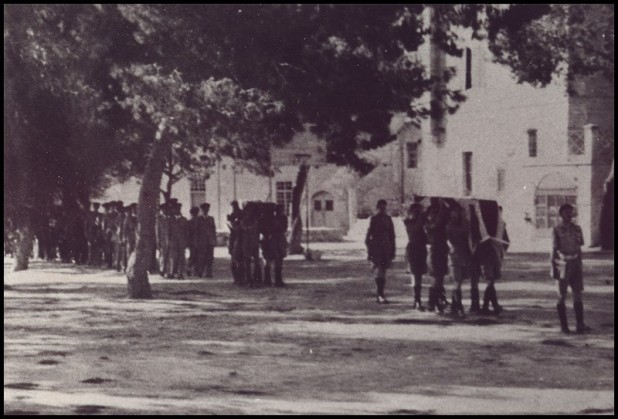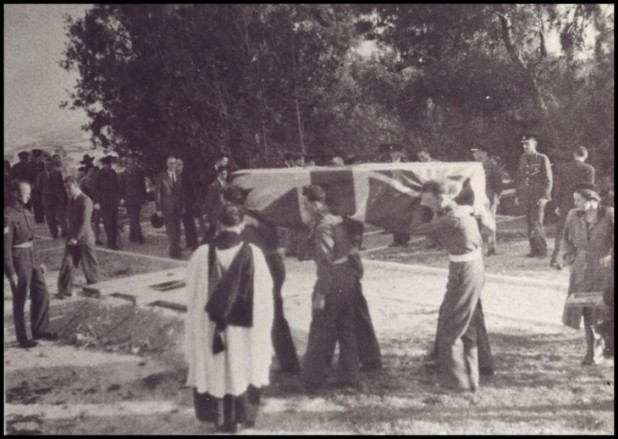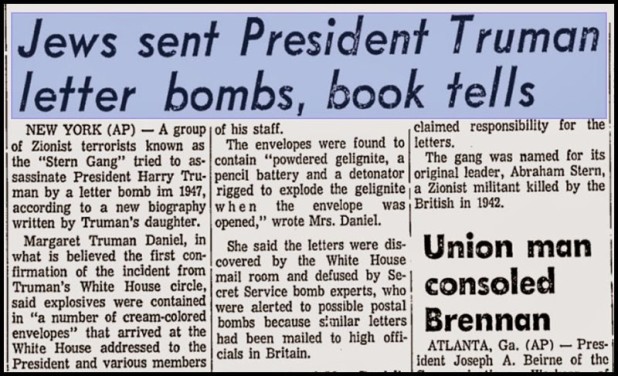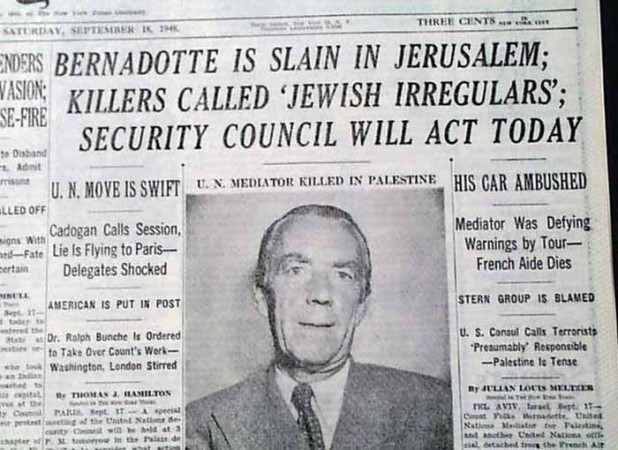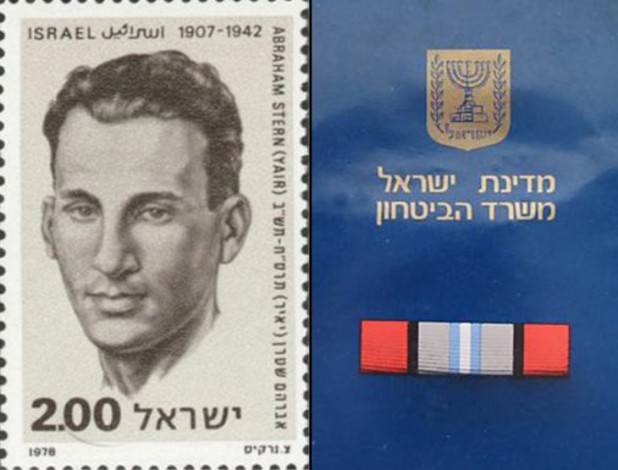The New Observer
May 1, 2016
Not only did the world Zionist movement cooperate with Hitler—as claimed by UK politician Ken Livingstone—but it also formally offered in writing to fight for the Nazis against the British to facilitate a German victory in the Middle East.
Among the leading Zionists who made this offer was Yitzhak Shamir, later Israeli Prime Minister.
The offer to fight for Nazi Germany was made by Avraham “Yair” Stern, the leader of the Zionist terrorist Lehi (“Stern Gang”). Other leaders included Yitzhak Shamir, who later became Prime Miniser of Israel.
This amazing revelation is contained in the book The Six Million: Fact or Fiction, by holocaust researcher Peter Winter, who discusses Nazi-Zionist cooperation in detail.
The Zionist offer to fight for the Nazis originated with the Jewish settlers in Palestine who found the British colonial administration unwilling to turn the region into an exclusively Jewish homeland.
“The British were, of course, well aware of what the potential consequences would be for the existing Arab Palestinian population, and also the aftereffects such a development would have on the rest of the Arab world,” Winter says in his book.
“As a result, the Zionists in Palestine launched a terrorist war against the British and Palestinians, with the aim of driving both of these groups out.”
The leading Zionist terrorist organization was called Lehi, although it is better known as the “Stern Gang,” after its leader Avraham “Yair” Stern.
The Stern Gang was responsible for a large number of terrorist attacks against the British in Palestine during the Second World War, with perhaps their most infamous deed being the November 1944 assassination of Lord Moyne, British Minister Resident in the Middle East.
However, it was in December 1940 that Lehi contacted Germany with a proposal to aid German conquest in the Middle East in return for recognition of a Jewish state open to unlimited Jews-only immigration.
Late in 1940, Lehi representative Naftali Lubenchik went to Beirut to meet German official Werner Otto von Hentig (who also was involved with the Haavara or Transfer Agreement, which had been transferring German Jews and their funds to Palestine since 1933).
On the assumption that the destruction of Britain was the Germans’ top objective, the Zionists offered cooperation in the following terms: Lehi would support sabotage and espionage operations in the Middle East and in eastern Europe anywhere where they had cells.
In return, Germany would recognize an independent Jewish state in Palestine, and all Jews leaving their homes in Europe, by their own will or because of government injunctions, could enter Palestine with no restriction of numbers. Stern also proposed to recruit some 40,000 Jews from occupied Europe to invade Palestine with German support to oust the British.
The 1941 covering letter from the German embassy in Ankara, Turkey, to the German foreign office, reporting on the offer by the Zionist Stern Gang to join the war on Germany’s side in return for Nazi support for the creation of a Jewish state in Palestine. The relevant section translates as: “3.) a proposal of the National Military Organization in Palestine regarding the solution of the Jewish question in Europe.”
On January 11, 1941, Vice Admiral Ralf von der Marwitz, the German Naval attaché in Turkey, filed a report (the “Ankara document”) conveying an offer by Lehi to “actively take part in the war on Germany’s side” in return for German support for “the establishment of the historic Jewish state on a national and totalitarian basis, bound by a treaty with the German Reich.”
By then, however, Winter notes, “pressing demands of the war had eclipsed German government time, and nothing came of this particular offer.”
It is however important to note that one of the leaders of Lehi was Yitzhak Shamir, who later became prime minister of Israel—in other words, Lehi was not some small splinter group, but an important and large part of the Zionist movement.
The Stern gang, along with the other main Jewish terrorist organization, known as the Igrun, took part in many other attacks, such as the bombing of the King David Hotel in Jerusalem on July 22, 1946, in which 91 people were killed.
The King David Hotel bombing was planned by the leader of the Irgun, Menachem Begin—later to be the sixth prime minister of Israel and the winner of a Nobel Peace Prize.
Wanted Poster of the Palestine Police Force offering rewards for the capture of Stern Gang members Jaacov Eliav, Yitzhak Shamir, and Natan Friedman-Yelin. Shamir became Prime Minister of Israel in 1983.
Other atrocities committed by the Zionist terrorists included the torture-murders of British army sergeants Clifford Martin and Mervyn Paice (whose bodies were hung, booby-trapped, in a grove of trees); and the massacre of Deir Yassin on April 9, 1948, where hundreds of Arabs were murdered to make way for Jewish settlers.
Above: The bodies of British soldiers Clifford Martin and Mervyn Paice, hanged by the Zionist terrorists. The bodies were booby-trapped with explosives in an attempt to kill would-be rescuers.
Below: Scenes from the two mens’ funerals.
Not content with waging war against the British in Palestine, the Zionist terrorists also took their war to Europe and to London itself.
As detailed in the Foreign Policy journal of January 1, 2014 (“How Zionist Extremism Became British Spies’ Biggest Enemy”), at the end of October 1946, an Irgun cell operating in Italy bombed the British Embassy in Rome, and followed this in late 1946 and early 1947 with a series of sabotage attacks on British military transportation routes in occupied Germany.
In March 1947 an Irgun terrorist left a bomb at the Colonial Club, near St Martin’s Lane in the heart of London, which blew out the club’s windows and doors, injuring several servicemen.
The following month a female Irgun terrorist left an enormous bomb, consisting of 24 sticks of explosives, at the Colonial Office in London. The bomb failed to detonate because its timer broke.
The head of the Metropolitan Police Special Branch, Leonard Burt, estimated that if it had gone off it would have caused fatalities on a comparable scale to the King David Hotel bombing—but this time in the heart of Whitehall.
In June 1947, the Stern Gang launched a letter-bomb campaign in Britain, consisting of 21 bombs in total, which targeted every prominent member of the cabinet.
The two waves of bombs were posted from an underground cell in Italy. Some of those in the first wave reached their targets, but they did not result in any casualties.
In addition, the Stern Gang also tried to assassinate US President Harry Truman in 1947, along with other senior members of his administration. The Jewish terrorists used letter bombs in these attempts, many of which reached the White House. This fact was revealed by Truman’s daughter in her book, Harry S. Truman (Morrow; 1973).
On May 29, 1948, the government of Israel allowed all members of Lehi and the Igrun to join the newly-established Israeli Defense Force (IDF), and the two Zionist terrorist organizations disbanded—although some of its members carried out one more terrorist act, the assassination of Folke Bernadotte, the Swedish United Nations Security Council mediator in the Arab–Israeli conflict of 1947–1948.
Israel granted a general amnesty to Lehi members involved in that murder on February, 4, 1949.
The Jewish state still honors Stern and Lehi as great heroes, and built a museum extolling Stern’s deeds.
In 1978, Israel issued a postage stamp in honor of this cold-blooded Zionist murderer, and in 1980 the Jewish State instituted the Lehi ribbon, an official military decoration “for activity in the struggle for the establishment of Israel.”
Above left: In 1987, Israel issued a postage stamp honoring Avraham “Yair” Stern, the Zionist leader who offered to fight for Nazi Germany against the British. Above right: In 1980, Israel officially introduced the “Lehi ribbon” as part of that state’s official list of decorations and campaign medals to be worn by Jewish veterans.
 Daily Stormer The Most Censored Publication in History
Daily Stormer The Most Censored Publication in History
